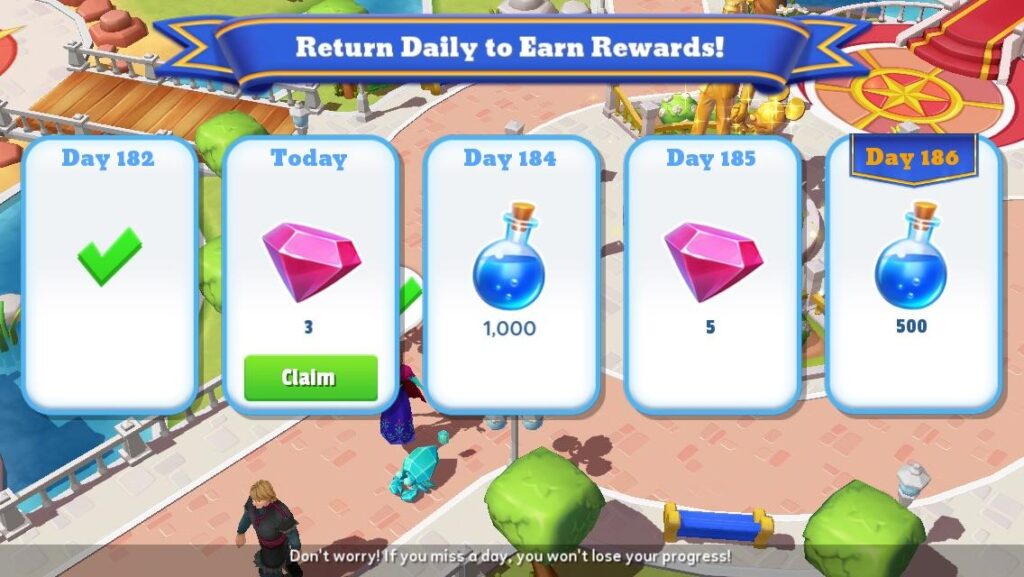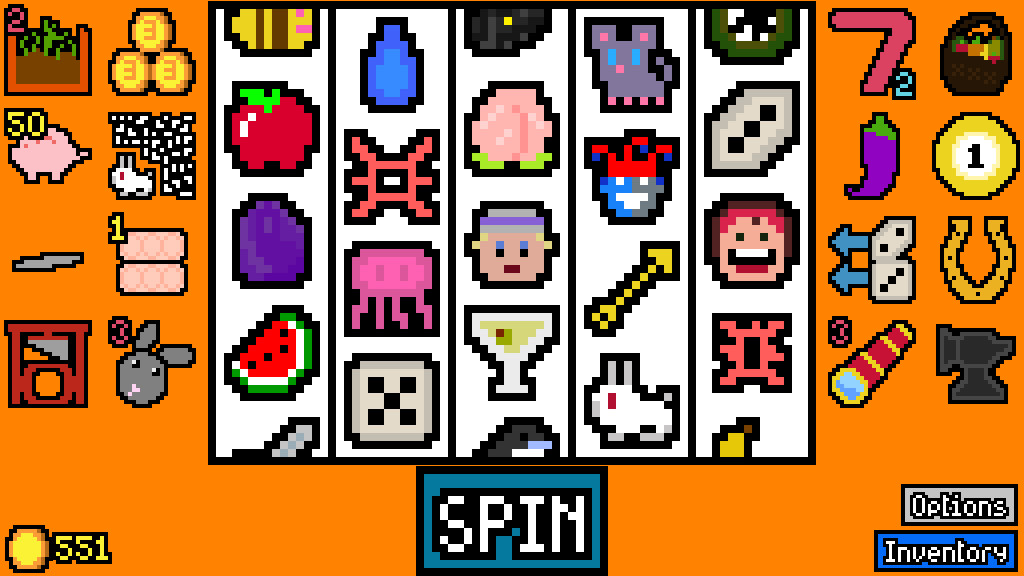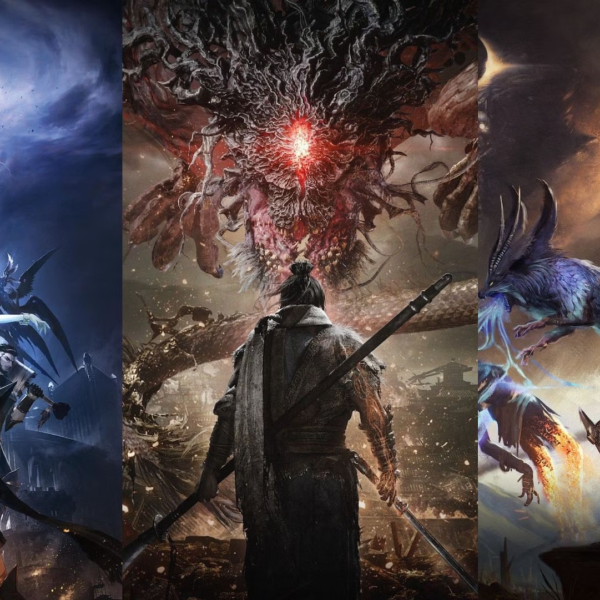What is it about video games that keeps millions coming back, hour after hour, to stare at screens with glazed-over eyes? What hidden additive in gaming has us hooked like overzealous lab rats, pushing buttons until the wee hours for just one more hit of sweet dopamine?
You might think it’s the life-like graphics, diverse stories, or chance to interact with friends. But those are just the toppings distracting us from the real secret ingredient: carefully engineered mental manipulation.
That’s right. Game developers today are essentially digital drug dealers, using proven psychological techniques to keep you compulsively feeding your avatar, building your farm, or fetching one more dragon’s tooth from a dank cave. Diabolical!
But what are these occult brain hacks? Glad you asked. Let’s examine some of the most potent:

Variable Rewards
Like slot machines, games utilize variable rewards – random reinforcement cues that trigger our primordial hunter/gatherer instincts. Defeating monsters, obtaining rare loot, or leveling up tap into our craving for the unpredictable. The dopamine rush of not knowing what you’ll get next keeps you playing to find out.

Loss Aversion
Studies show that humans feel losses twice as powerfully as gains. Games exploit this by threatening to take hard-earned points, weapons, or powers away if you don’t keep playing. The fear of losing your progress will drive you like no reward can.
The Zeigarnik Effect
This sinister-sounding technique uses interrupted or incomplete processes to build suspense, like cliffhangers or quests with multiple steps. By dangling the closure you crave just out of reach, games ensure you can’t rest until you’ve completed just one more task.
Social Engagement
Games nowadays are built to be social hooks, tapping your psychological need to connect with others and build status. Co-op quests, clans, points and leaderboards satisfy your inner primate’s craving for community and esteem.
Endless Upgrades
There’s always one more skill tree branch to unlock or stat to increase, triggering your completionist OCD. Games keep you chasing arbitrary numbers in an endless virtual hamster wheel with no true finish line.
Notorious FOMO
Forcing difficult decisions or offering limited-time events and items instills the fear of missing out that keeps you anxiously grinding. How will you cope if you don’t get that battle pass skin or holiday achievement? Better stay on the safe side and keep playing…
The Illusion of Control
In chaotic real life, control is limited. But games offer a simulated world where your decisions seem to matter, scratching that itch for authority. This illusion is intoxicatingly reassuring, if hollow.
Moral DESENSITIZATION
Unlike reality, games let you commit digital mayhem without consequences, releasing inhibitions. Studies show this desensitization correlates with aggressive tendencies, nudging you toward digital depravity.
Trance-Inducing Flow
When hyper-focused on simple, repetitive tasks, humans enter a mesmerizing flow state. The zone of gaming nirvana relaxes the mind while making hours disappear, trapping you blissfully.
So there you have it – the psychological tricks that keep you compulsively gaming like a hypnotized guinea pig. Of course, some may call these merely “engaging gameplay elements” that “motivate continued play”. Potato po-tah-to.
The point is, games today wield incrementally more influence over our alert, reward-seeking brains. And where is that influence taking us, little by little? Will we wake one day to find our frontal lobes atrophied while megalithic game corporations and their psychologist-designers conquer humanity’s collective consciousness?
Nah, that’s crazy talk. Now if you’ll excuse me, I need to log in and check my farmville crops. Someone’s gotta harvest all these imaginary turnips! Just one more, and then I’ll stop. I swear this time…






